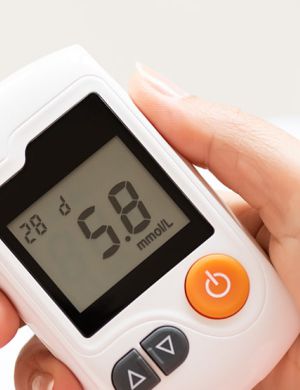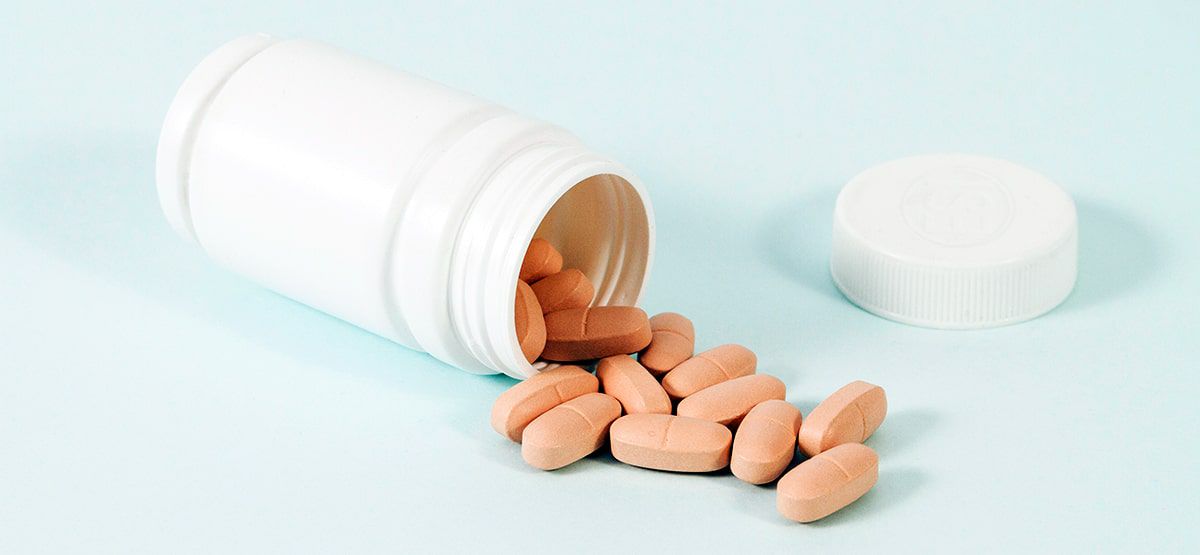
Pharma/Biotech – Asia, ROW Regulatory News, June 2023 Vol. 2
ASIA
India
India starts mandatory tests of exported cough syrups after child deaths
India will require manufacturers of cough syrups to acquire a Certificate of Analysis (CoA) from a designated laboratory before they can export their products, starting 1 June. The new requirement follows the deaths of children who consumed cough syrups contaminated with ethylene glycol (EG) and diethylene glycol (DEG). The World Health Organization (WHO) linked some deaths to products manufactured in India. Until now, India has had a free export policy on cough syrups, meaning companies can ship products overseas without submitting paperwork to show they meet requirements that restrict the content of EG and DEG.
Pakistan
Applications for Registration of Multiple Strength and Volume Drugs (Pharmaceutical) on Form-5F
Drug Regulatory Authority of Pakistan, on the recommendations of the Registration Board has issued guidance for submitting applications for registration of pharmaceutical product with multiple strengths and different fill volumes on form -5F.
Application on Form-5F (CTD) for Extension in the Contract Manufacturing Permission of Drugs
Drug Regulatory Authority of Pakistan on the recommendation of the Registration Board has revised the data requirement for submitting applications for extension in the contract manufacturing permission of the drugs for those product where CTD dossiers has already been submitted and approved by the Registration Board.
Philippines
Updated Guidelines on the Application for License to Operate of Health Product Establishments with the Food and Drug Administration
The Food and Drug Administration (FDA) is mandated to issue standards and appropriate marketing authorizations (MAs) to all its covered establishments, facilities, and health products. Through this endeavor, the FDA streamlined its processes through the establishment of various online application platforms for the issuance of MAs including License to Operate (LTO) for Manufacturers, Distributors, Traders, Drug Outlets, Retailers, Clinical Research Organizations, and other health establishments as determined by the FDA. In the interest of service and to seek the inputs of stakeholders that will be affected by the above-mentioned proposed policy, the FDA is respectfully inviting one (1) representative of each company/ organization from the health industry to attend the Public Hearing to be scheduled on the following dates at the FDA Conference Hall, Civic Drive, Filinvest, Alabang, Muntinlupa City.
ROW
South Africa
Renewal of Registration of Human and Veterinary Medicines
The guideline presents SAHPRA’s current thinking on technical requirements necessary to facilitate renewal of registration of medicinal products. This guideline is divided into three major parts stipulating the general requirements and application procedures for human and veterinary medicinal products; processing of applications; and technical requirements for application for renewal of medicinal products.
Adverse Drug Reactions And Quality Problem Reporting Form
SAPHRA published document number GLF-CEM-PV-06A, This document includes Adverse Drug Reactions And Quality Problem Reporting Form which is revision 3.
Brazil
Brazil makes sweeping updates to clinical testing rules
Brazil’s Agência Nacional de Vigilância Sanitária (ANVISA) approved a resolution that greatly expanded rapid clinical testing at the country’s pharmacies, allowing them to conduct nearly 50 tests on site, when previously they were authorized to conduct only glucose and COVID-19 screening. The new regulation, which updates a rule published in 2005, also describes extensive changes to technical, data handling, privacy and safety requirements for all types of tissue testing facilities, including traditional collection centers and clinical and pathology labs. Facilities will have until November 10 to comply.
Rwanda
Guidelines on good clinical practices (GCP) in Rwanda
These guidelines are based on GCP principles in the conduct and inspection of clinical trials on pharmaceuticals, biological products (e.g. vaccines), radiopharmaceuticals, herbal medicines, and medical devices in Rwanda. These guidelines encourage the implementation of improved and more efficient approaches for clinical trial design, conduct, oversight, recording and reporting as per the latest version of ICH GCP guidelines. This revision includes Criteria for designing, conducting, recording, and reporting clinical trials in line with ICH GCP guidelines, frequency of trial monitoring Trials based on risk, the complexity of the CT, consideration for GCP inspection multicenter trials and necessary editorial changes in line with SOP on document control.
Guidelines for clinical trial application in Rwanda
This revision guideline includes guidelines to be followed for accepting evidence of GMP compliance for imported IMPs, critical requirements for acceptance of CTA, updated format and content of the CTA, requirements for amendments, Requirements for renewal and necessary editorial changes in line with SOP on Document control.
Guidelines on safety and vigilance of medical products and health technologies
The guidelines provide the requirements, procedures, roles, responsibilities and activities in pharmacovigilance, for public health programs (HIV, TB, Malaria, Expanded Program for Immunization, Maternal and Child Health program, NCDs etc), Ministry of Health, Marketing Authorization Holders (MAH), Academia, research institutions, advisory committees, local technical representatives (LTR), Rwanda FDA, health facilities, health care providers, patients/consumers, and regional and international stakeholders. The guidelines outline the reporting requirements for the different stakeholders, data management, and communication, training requirements as well as monitoring and evaluation of pharmacovigilance systems. It further highlights requirements for expedited reporting, reporting of unusual failure in efficacy, medication errors and suspected poor quality medical products.
Ethiopia
Guidance on medical products special import permit
Ethiopian Food and Drug Authority published Guidance on medical products special import permit. This guideline is applicable for pre-import permit and importation of medical products for public health emergency use, for unmet need, for shortage of medical products in the local market, for clinical trials, for health promotion, raw materials for medical products manufacturers and health institutions (healthcare investment).
Don’t miss out! Click here to stay in touch.
Categories
- Biopharma (47)
- Consumer Health (15)
- Cosmetics (8)
- Diagnostics (5)
- Digital Health (8)
- Food (2)
- Medical Device (100)
- OTC (3)
- Regulatory Intelligence (5)
- Standards (40)
Recent Blogs
Get the latest updates from Vistaar

CONNECT WITH US

Let's talk about how DDi can help you







